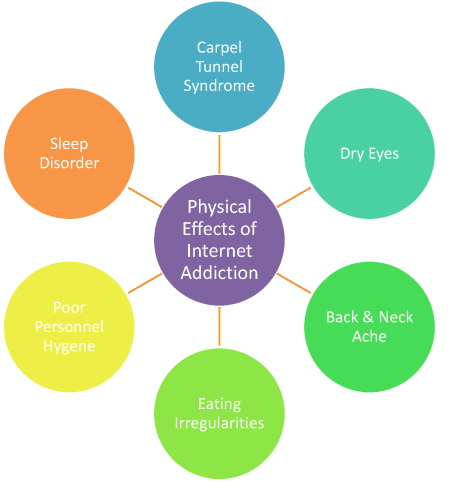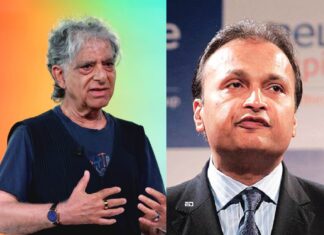Delhi recently got its first internet de-addiction centre and this piece of information should be enough for us to start considering the problem of internet addiction among youngsters seriously. In today’s times, the urban children live their lives infront of screens, be it television, laptop/PC or smartphone. For them, internet is a means of recreation, a means of information, a means of entertainment, all rolled into one. While that is acceptable, matters get out of hand when they begin to rely excessively on the Internet to alter their mood and keep themselves in “high spirits”.
Psychologically, internet addiction among children and teenagers follows the same premise as that of other addictions such as gambling and drugs- preoccupation with social networking sites or online gaming, the need for inexorably increasing use for attaining gratification and experiencing sadness and helplessness when unable to spend time online or denied access to the Internet.
Most common among the current younger generation is a fatal attraction to social networking sites such as Facebook or chat applications, primarily Whatsapp and online gaming. I have known children who come home from school and bury themselves in front of the PC for the rest of the day playing games online. In fact there was this recent bizarre incident in which a woman had to have her thumb operated because she was addicted to typing long messages over incessant chats! Not to forget that people who spend long hours online become more susceptible to cyberbullying and cyber harassment among other cybercrimes. The picture below also illustrates some of the dangerous physical effects of internet addiction.
So yes, although internet addiction has not been classified as a disorder as yet, it has been arousing a lot of concern in recent years, and rightly so. We wouldn’t want our youngsters to grow up with a warped and unrealistic notion of reality with very little real-time social skills. Not just social skills, internet addiction, like any other addiction, leads to lowered productivity and a sense of extreme attachment to and dependence on the object of addiction, to the extent that one’s happiness comes to depend solely on that object.
The introduction of the de-addiction centre is definitely a progressive step, one that is expected to make it easier for youngsters addicted to the internet as well as their parents to seek intervention and nip the problem in the bud.
Other Recommendations:
http://edtimes.in/2016/06/these-chinese-internet-addiction-rehab-centres-are-curing-many-and-killing-some/
http://edtimes.in/2016/04/social-media-addiction-is-killing-us/





































